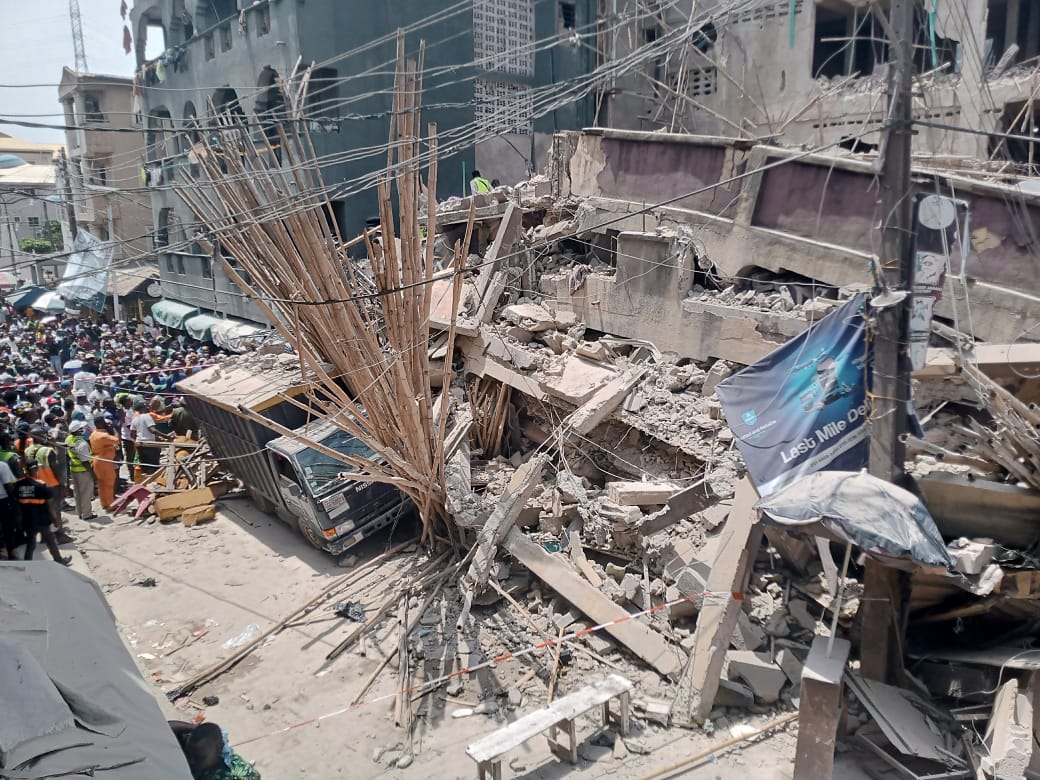
BCPG Report: 604 Buildings Collapse Across Nigeria in the span of 50-Years
By Fiona Nanna, ForeMedia News UK
Monday, 3rd June, 2024
11:30 AM
Nigeria has grappled with a significant challenge over the past half-century as 604 buildings collapsed between 1974 and May 30, 2024, according to the latest report from the Building Collapse Prevention Guild (BCPG).
Lagos State emerges as the epicenter of this alarming trend, bearing the brunt with a staggering 57.28% of the total collapses, amounting to over 346 structures crumbling within the said period.
The BCPG report paints a sobering picture, underscoring Lagos as the worst-hit state, followed by Anambra, Abuja, and Oyo. Surprisingly, states like Taraba, Bayelsa, Gombe, and Yobe reported their maiden building collapses only as recent as 2022.
Despite adversities like the COVID-19 lockdown in 2020, which slowed down construction activities, Nigeria still witnessed 45 collapses, with Lagos alone accounting for 40% of these incidents.
The year 2022 marks a distressing milestone, recording the highest number of collapses nationwide. Lagos, once again, led the unfortunate tally, with 32% of the incidents occurring within its borders.
Tracing back, the first recorded collapse dates back to October 1974 in Oyo State, resulting in the loss of 27 lives. Tragically, the most fatal incident occurred in Lagos on November 1, 2021, claiming 52 lives.
In a recent development, a four-story building collapsed on Lagos Island, near the Oba of Lagos’ palace, adding to the grim statistics. While eight people have been rescued, efforts are ongoing to retrieve others trapped under the rubble.
This incident follows closely on the heels of another tragedy where an 11-year-old girl and three others lost their lives due to a collapsed mosque in the Papa Ajao area.
Investigations by BCPG point towards professional incompetence, including issues like excessive loading, substandard materials, faulty design, poor workmanship, and weak foundations, as major contributors to these collapses.
Kunle Awobodu, the pioneer President of BCPG, attributes the persistent problem to weak regulations and the prevalence of quackery in the construction industry. He emphasizes the need for stringent enforcement of building codes and greater scrutiny of construction practices to prevent further tragedies.

